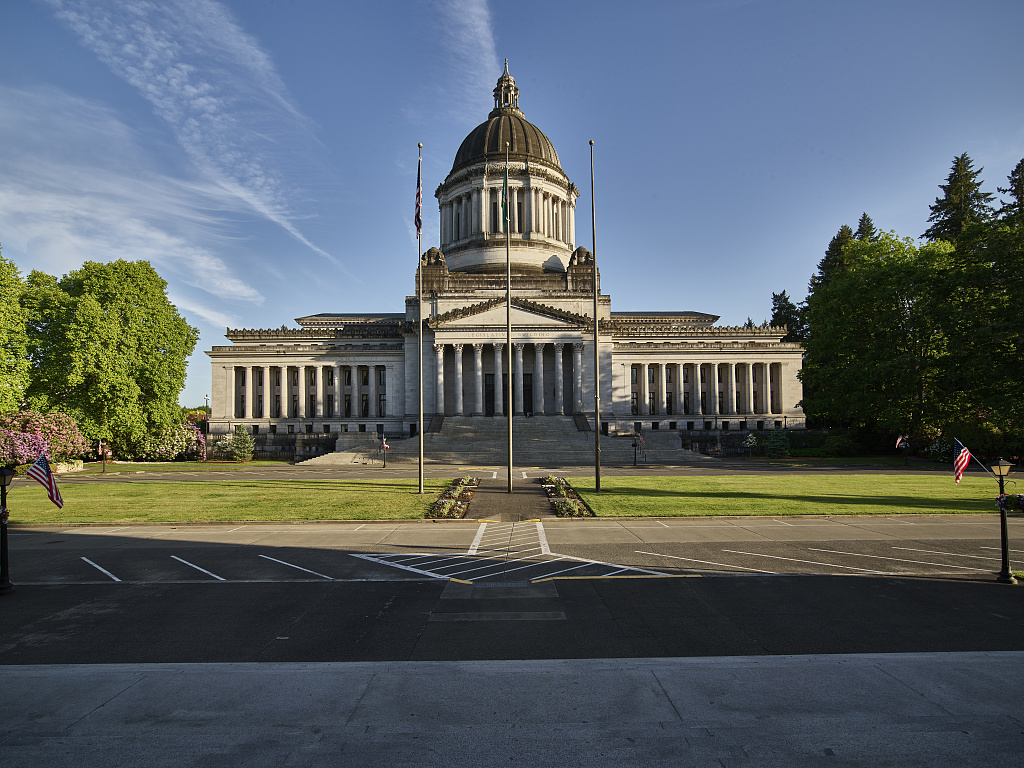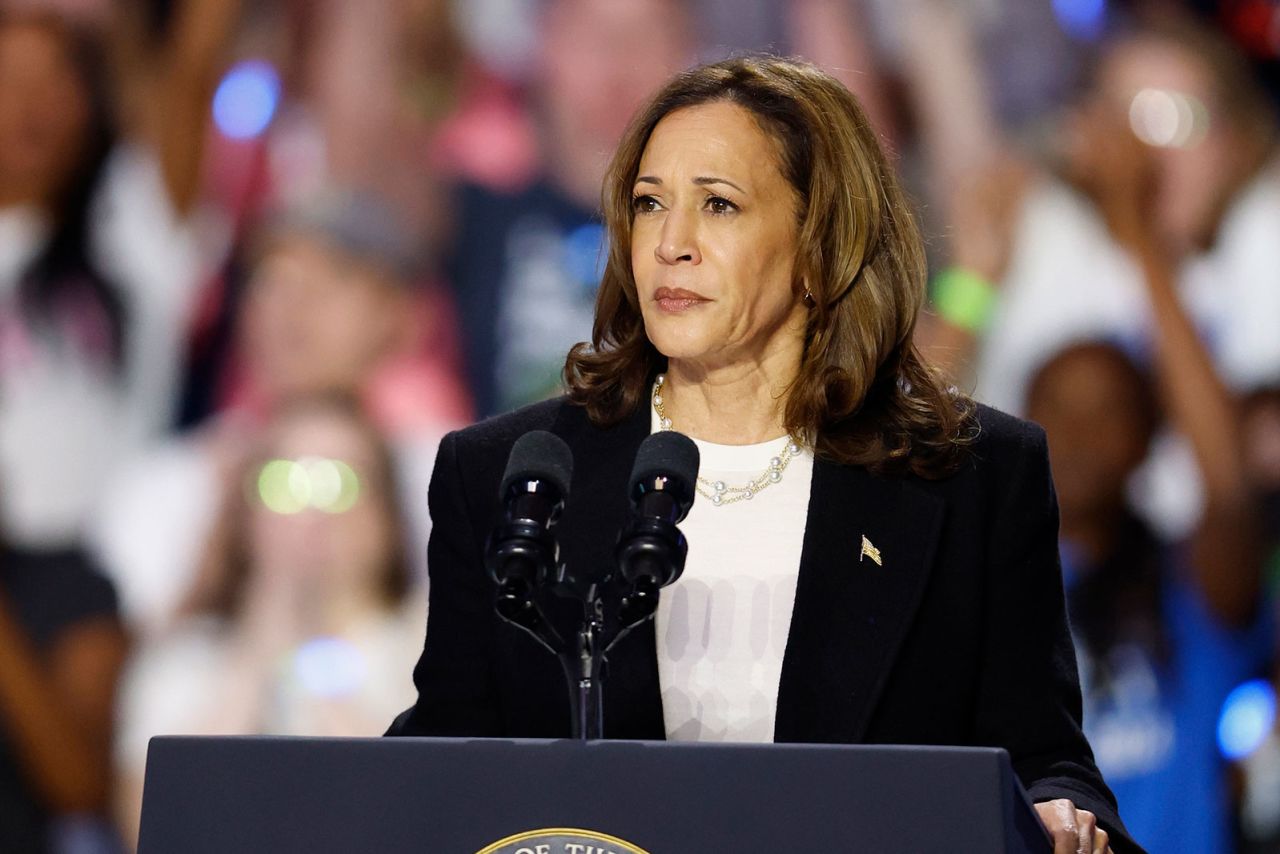Washington Takes a Stand Against Military Overreach
In a bold move reflecting the growing resistance to federal overreach, Washington Governor Bob Ferguson has signed House Bill 1321, a landmark law that restricts out-of-state military forces from entering the state without explicit permission. As reported by the governor"s office, this legislation, championed by Rep. Sharlett Mena (D-Tacoma), marks a significant step in safeguarding local autonomy and protecting communities from potentially oppressive military actions.
Emergency Clause Activates Immediate Enforcement
The law includes an emergency clause, allowing it to take effect immediately. Governor Ferguson articulated the necessity of this measure in his inaugural address, emphasizing that Washington"s values must not be compromised by armed forces entering the state without accountability. He stated, "We cannot have armed forces come into our state to enforce policies that are against our core values." This sentiment resonates with a growing number of citizens who fear the militarization of local communities, especially in an era where civil liberties are often under threat.

The Washington State Capitol Building, constructed between ...
Historical Context of State Military Control
The National Guard operates under the command of state governors, and while it can be utilized for domestic emergencies, the president can also mobilize these forces for federal missions. Governor Ferguson"s law aims to ensure that Washington retains control over its own National Guard, preventing unauthorized deployments from other states. This move mirrors similar legislation in states like Montana and Texas, and is based on a model from Idaho, indicating a trend among states asserting their rights against federal military encroachment.
Protecting Communities from Unaccountable Forces
Rep. Mena highlighted the legislation"s importance by stating, "This law ensures that Washington — not other states — decides what happens in our communities." This statement underscores a critical aspect of the bill: the protection it offers against unaccountable military actions that can disrupt local peace and exacerbate tensions. The law does not impede the National Guard"s ability to assist with disaster response or mutual-aid agreements, thereby ensuring that emergency support remains intact while still prioritizing state sovereignty.

September 12, 2024, presidential campaign news | CNN Politics
Implications for National Military Policy
The passage of HB 1321 signifies a larger ideological battle within the United States regarding the role of military forces in civilian life. As reported by The New York Times, recent events in California, where President Trump unilaterally deployed National Guard troops against Governor Gavin Newsom"s wishes, serve as a stark reminder of the potential for political abuse of military authority. The court"s decision to allow Trump to maintain control of California"s National Guard exemplifies the urgent need for states to assert their rights and protect their communities from such federal overreach.
As the political climate continues to evolve, the implications of Washington"s law could extend beyond state borders, inspiring similar legislative efforts across the country. The progressive movement is increasingly recognizing the necessity of local control over military forces, especially in light of ongoing national discussions surrounding civil rights, policing, and community safety.



![[Video] Gunfire between Iraqi security forces and Sadr militias in Baghdad](/_next/image?url=%2Fapi%2Fimage%2Fthumbnails%2Fthumbnail-1768343508874-4redb-thumbnail.jpg&w=3840&q=75)
